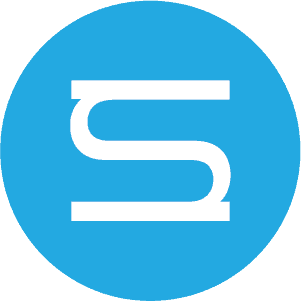My project creates the visualization of people’s ‘cognitive structures’ (or mental map) using survey responses, as shown in my previous blog posting. At the end of the summer, I am very happy to share my experience in the Digital Scholarship and Publishing Studio.
First, I have explored possible options for choosing available programming packages and coding options for my project. Based on my previous knowledge of Stata (advanced) and R (very basic), I have engaged in a self-learning process to learn new codes and apply them to develop my current project. Though it was tedious and time-consuming (in fact, I spent most of my summer on this!), it substantially advanced my programming skills.
Second, in addition to the self-learning, it was a great opportunity to discuss my project with programming experts in the studio, which greatly expanded my perspective. I contacted Nikki in the studio when I confronted any kind of struggles. I often explained what I wanted to visualize and what kinds of messages or stories I would intend to share with the audience. In the discussions with her outside of my field, I could re-evaluate my project with fresh eyes and develop the visual argument of my projects – effectively emphasizing the characteristics of each cognitive structure.
Third, I now get a sense of what digital scholarship means and understand how much it will advance our understanding of interdisciplinary work. Weekly seminars of the summer fellowship program were especially helpful to learn digital scholarships. The seminars covered a wide range of topics such as planning, conducting, evaluating, or mentoring digital projects. Guest speakers shared their ideas and experience of digital projects, which include practical advice to us.
Thanks to the summer fellowship, I could deeply engage in a digital project building on the understanding of digital scholarship. Of course, my journey has not been completed yet, and my programming work for the current project is still ongoing. More specifically I plan to learn the JavaScript for the visualization of cognitive structures, which will give intuitions to the audience across disciplines. I would like to further expand my experience with digital scholarship.
Ji Hye Kim (Ph.D. student, Sociology)
